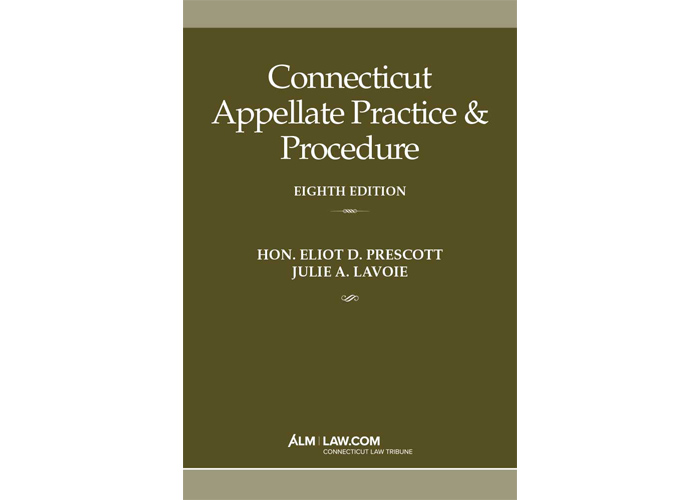Attorneys for a group of Connecticut inmates—who filed a lawsuit against the state earlier this month seeking the release of six individuals from state prisons—said the matter has grown more dire in wake of a prisoner’s death Sunday from COVID-19 at the Osborn Correctional Institute.
“The governor and the commissioner of the Department of Correction need to uphold their constitutional and statutory responsibilities to safeguard the health and welfare of the people in their custody,” said Elana Bildner, staff attorney of the American Civil Liberties Union of Connecticut, or ACLU.
The urgency of the matter prompted Waterbury Superior Court Judge Barbara Bellis, who administers the complex litigation docket, to hold virtual oral arguments Wednesday morning with ACLU Legal Director Dan Barrett and attorneys from the Office of the Connecticut Attorney General.
Bildner was on the call with the judge. She said Bellis told both parties that the court would make a decision before the end of April on the state’s motion to dismiss, and then address the actual merits of the lawsuit.
The prisoners’ complaint names Gov. Ned Lamont and Rollin Cook, the commissioner of the Department of Correction, as the two defendants. It said some of the plaintiffs were weeks away from release; others have underlying health conditions that put them at risk for COVID-19; and some are low-level offenders, or had low bonds. The bigger goal, Bildner said Wednesday, is to secure compassionate release for hundreds of prisoners who fit these categories.
Representing the defense is the Office of the Attorney General. Elizabeth Benton, a spokeswoman for the office, declined to comment on the matter Wednesday. And spokespeople for the governor and commissioner also declined to comment.
The plaintiffs’ team includes the Connecticut Criminal Defense Lawyers Association and members from various clinics within Yale Law School.
‘Swift Action’
Time is of the utmost importance, the plaintiffs’ attorney added, because the Department of Correction announced 182 prisoners and more than 100 employees have tested positive for COVID-19.
“We filed three affidavits from medical experts saying the prison system as is holds too many people and that some people need to be released to meet social distancing guidelines,” Bildner said. “People need to be released quickly. Right now, there are 11,500 people in custody in the state; that includes a lot of people who live in dorms with 100 or 150 other inmates.”
The issue of compassionate release has taken center stage throughout the country. In Florida, for instance, the Miami Herald reports a Miami federal magistrate judge has ordered U.S. immigration officials to say how many of its prisoners and third-party contractors at three south Florida facilities have tested positive for COVID-19.
Meanwhile, the 156-page lawsuit filed in Connecticut on April 3 notes that while the governor and Cook “have made attempts to mitigate the dangers posed by the virus, conditions of confinement in prisons prevents them from ensuring the safety and livelihood of thousands of those in their care.”
It argues, “As public health experts indicate, the only feasible way to mitigate the disease within prison and jails is to take swift action before the disease hits to significantly decrease the population in custody so that social distancing may be practiced and at-risk groups are out of harm’s way.”
Read more:
Federal Courts Set Out Preconditions for Prisoner Release Because of COVID-19 Risk
NOT FOR REPRINT
© 2024 ALM Global, LLC, All Rights Reserved. Request academic re-use from www.copyright.com. All other uses, submit a request to [email protected]. For more information visit Asset & Logo Licensing.


 Osborn Correctional Institution. Photo: Google
Osborn Correctional Institution. Photo: Google






